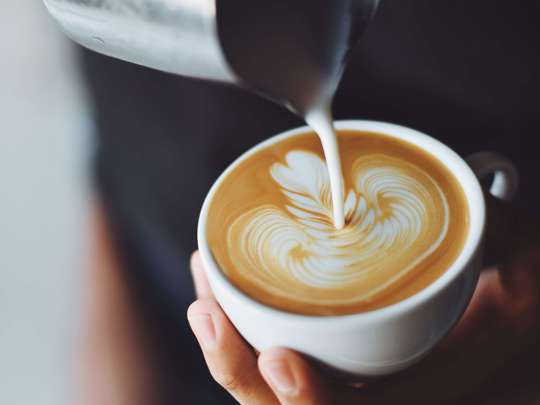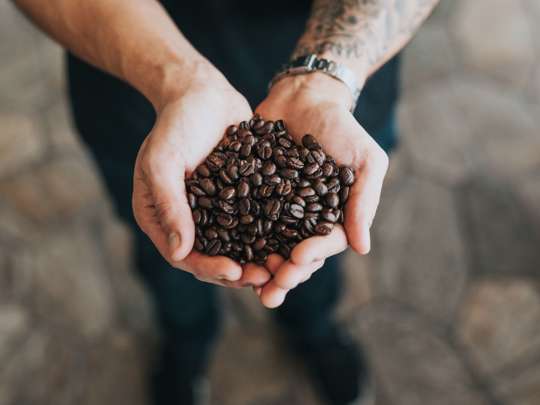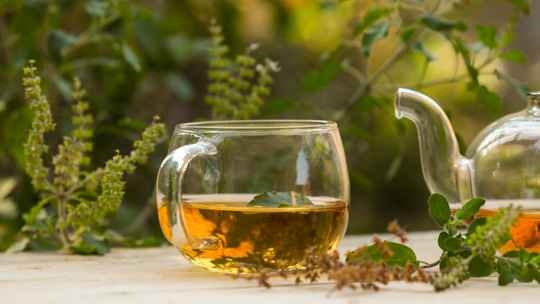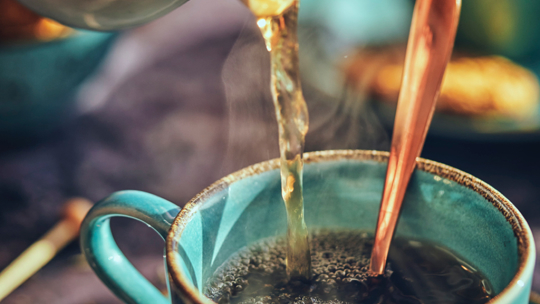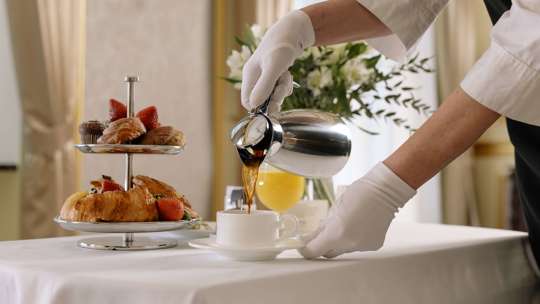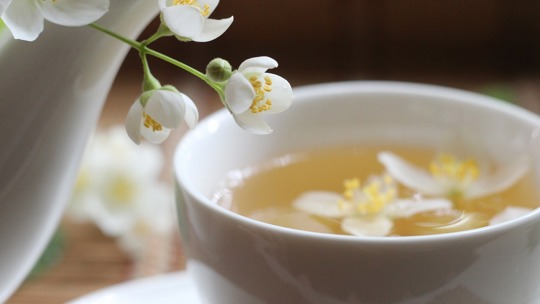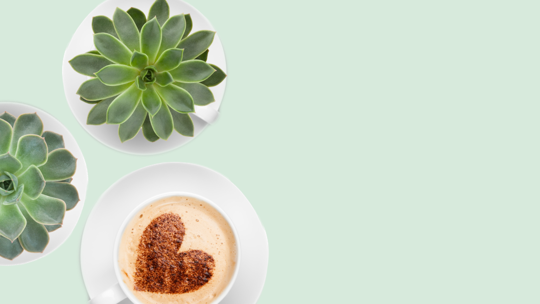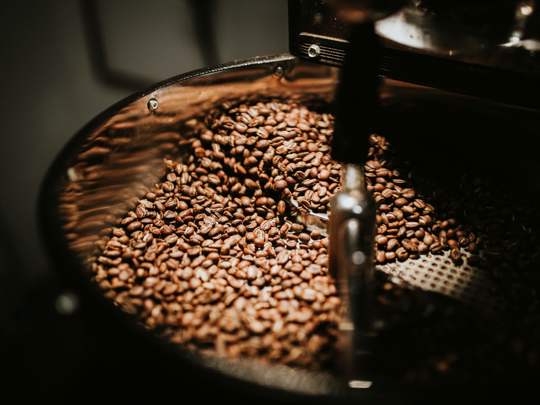
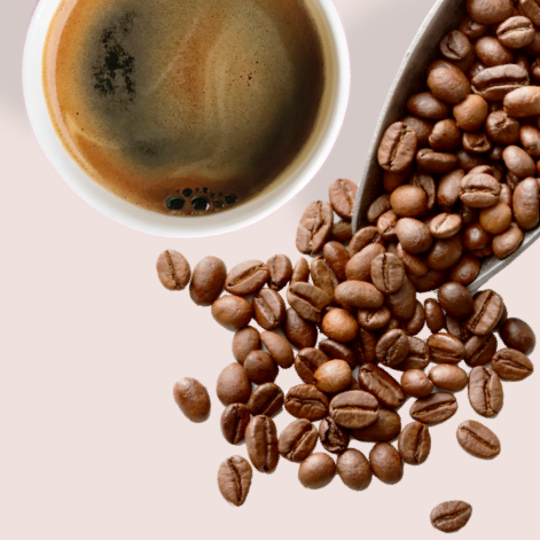
Whether you're brewing a morning espresso or enjoying a slow pour over, the quality of your coffee beans is obviously the most important determiner in how good the cup actually tastes. So with this in mind, a consideration for all coffee lovers is, can coffee beans go bad?
The short answer? Yes, coffee beans do go bad, but not in the same way perishable foods do. While coffee doesn’t technically “expire” in a way that makes it unsafe to consume, old beans lose their freshness, flavour, and aroma, resulting in a dull and stale brew. So, how long do coffee beans stay fresh, and how can you tell when they’ve passed their prime? Read below and we’ll tell you.
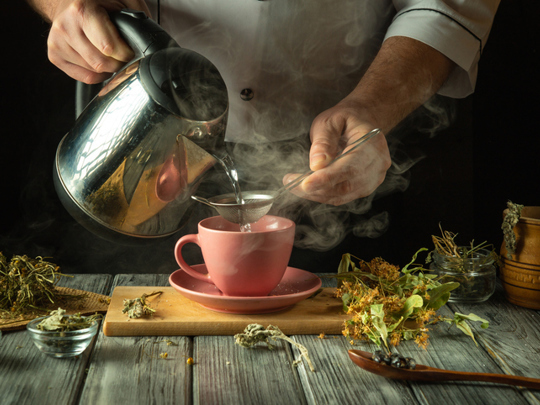
Do Coffee Beans Go Off?
Coffee beans don’t spoil in the same way as milk or fresh produce, but they do definitely lose their freshness and quality over time. Instead of becoming unsafe to drink, stale coffee simply results in a less enjoyable cup, with noticeable changes in flavour and aroma.
The Role of Oxidation & External Factors
The biggest culprit behind stale coffee is oxidation (a natural process that begins as soon as coffee beans are roasted). Oxygen interacts with the compounds in coffee, gradually breaking down the aromatic oils and flavours that give fresh coffee its rich and complex profile.
Other factors can accelerate this process:
-
Air: Too much exposure causes coffee to oxidise faster, leading to stale, flavourless beans.
-
Light & heat: Sunlight and warmth can degrade coffee’s natural oils, making it taste flat and dull.
-
Moisture: Coffee beans are hygroscopic, meaning they absorb moisture from the air, which can lead to mold, off-flavours, or spoilage.
How Long Do Coffee Beans Stay Fresh?
Coffee beans don’t stay fresh forever, but their lifespan depends on how they’re stored and whether they’re whole or pre-ground. Here’s a general guideline for maintaining peak freshness:
Whole Coffee Beans
-
Best enjoyed within 2-4 weeks after roasting for optimal flavour and aroma.
-
Can last up to 3 months if stored properly in an airtight container away from heat, light, and moisture.
Ground Coffee
-
Once ground, coffee loses its freshness much faster due to increased exposure to oxygen.
-
Best consumed within 1-2 weeks for peak flavour.
-
After this period, ground coffee starts tasting flat and stale, even if stored properly.
Unopened vs. Opened Coffee Bags
The type of packaging plays a big role in how long coffee stays fresh:
-
Unopened bags with a one way valve: High quality coffee packaging often includes a one way valve, allowing gases to escape while preventing oxygen from entering. This helps preserve freshness for several months.
-
Opened coffee bags: Once opened, coffee is exposed to air, and freshness declines rapidly. Transferring beans to an airtight container can slow down this process and extend their usability.
For the best coffee experience, aim to buy fresh, quality beans in small batches and grind only what you need just before brewing. This simple practice ensures every cup is flavourful, aromatic, and rich.
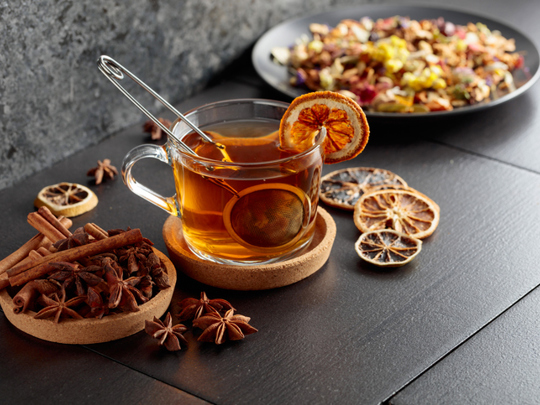
Signs That Coffee Beans Have Gone Stale
Faded Aroma & Flat Flavour
One of the biggest indicators of stale coffee is a lack of fragrance. Fresh coffee beans should have a rich, inviting aroma with distinct notes like chocolate, fruit, or nuts, depending on the roast. If your beans smell weak, musty, or unremarkable, chances are they’ve lost their freshness.
Taste is another giveaway. Stale coffee tends to be dull, lifeless, and unbalanced, lacking the complexity and depth that fresh beans provide.
Texture Changes: Oily or Dry
The appearance and feel of coffee beans can also signal staleness:
-
Dark Roast beans: Naturally contain more oils, but if they appear excessively greasy, they’ve likely been exposed to too much oxygen.
-
Light & Medium Roast beans: Should have a smooth, matte surface. If they feel overly dry, brittle, or crumbly, they may be past their best.
No “Bloom” When Brewing (For Manual Brewing Methods)
If you use a pour over or French press, you might notice fresh coffee "blooms" when hot water is poured over it - this is the release of CO₂ gases, a sign of fresh beans. Stale coffee won’t produce this reaction and will sit flat in the brewer, indicating a loss of freshness.
If you’re experiencing these signs, it may be time to restock with freshly roasted beans to bring back the rich, full bodied flavours you love. Proper storage techniques can also help extend the life of your coffee and keep each brew tasting its best.
Best Ways to Store Coffee Beans for Maximum Freshness
Proper storage is key to preserving the flavour, aroma, and quality in your coffee beans. Since coffee is highly sensitive to air, light, heat, and moisture, following the right storage methods can extend its freshness and longevity. Here are our tips on how to keep your beans at their best:
Use Airtight Containers
Oxygen speeds up oxidation, causing beans to go stale faster. Storing coffee in an airtight, opaque container prevents exposure to air while locking in the aroma and essential oils.
-
Best storage options: Vacuum-sealed coffee canisters and ceramic or stainless steel containers with tight-fitting lids.
-
Avoid: Leaving coffee in its original bag once opened unless it has a one-way valve to release CO₂ while keeping oxygen out.
Store in a Cool, Dark Place
Heat and light degrade coffee quickly, stripping it of its natural flavours. Keep beans in a cool, dark cupboard or pantry, away from direct sunlight, stovetops, or warm appliances.
-
Ideal temperature: Room temperature (around 15–25°C / 59–77°F) is best for preserving freshness.
-
Avoid: Storing coffee on kitchen countertops where it’s exposed to sunlight or near heat sources like ovens.
Whole Beans vs. Ground Coffee
Whole beans retain freshness for 2-4 weeks, while ground coffee loses its peak flavour within 1-2 weeks due to increased oxygen exposure.
-
Best practice: Grind only what you need just before brewing for the freshest taste.
-
Avoid: Buying pre-ground coffee in bulk unless you consume it quickly.
Freezing Coffee Beans: Pros & Cons
Freezing coffee beans is a debated topic. While it can extend freshness, improper freezing can introduce moisture and alter flavour.
-
If you buy coffee in bulk, store a portion in an airtight, freezer-safe container and only take out what you need, allowing it to return to room temperature before opening.
-
Freezing works best for sealed, unopened coffee bags rather than everyday use.
Potential drawbacks
-
Condensation can form if coffee is repeatedly taken in and out of the freezer, leading to moisture damage.
-
Freezing doesn’t stop oxidation, so frozen beans may still lose freshness over time.
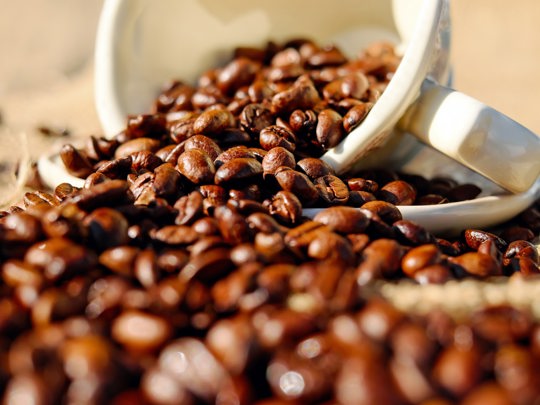
Can You Still Use Stale Coffee Beans?
Stale coffee beans may not be ideal for a perfectly brewed cup of coffee, but that doesn’t mean they have to go to waste entirely. While they lose flavour, aroma, and complexity, stale beans can still be repurposed in creative and useful ways. However, it’s important to distinguish between stale coffee (which is still safe to use) and rancid coffee (which should be discarded).
How to Repurpose Stale Coffee Beans
-
Cold brew coffee: Cold brewing is a slower process that extracts different compounds than hot brewing, making it more forgiving with stale beans. The result is a smoother, less acidic brew, even if the beans have lost some freshness.
-
Baking & cooking: Use ground stale coffee in cakes, brownies, or coffee-flavoured desserts where the coffee’s bitterness can enhance sweetness and depth. Stale grounds also work well in rubs for grilled meats.
-
Composting: Coffee grounds are rich in nitrogen, making them an excellent addition to compost bins to help fertilise plants. Just be sure to mix them with other compost materials to balance acidity.
Why Choose Café Du Monde for Fresh Coffee?
At Café du Monde, we believe that great coffee starts with freshness. From sourcing the finest beans to ensuring they reach you at their peak, our commitment to quality means every cup you brew is rich, flavourful, and delightfully aromatic. Unlike mass produced coffee that may sit on shelves for months, our beans are freshly roasted in small batches and delivered at peak quality, so you can enjoy the best possible taste in every cup. After all, freshness is key, and we take extra care to ensure that our beans stay at their best.
Whether you enjoy a bold espresso, smooth filter coffee, or a rich cold brew, we offer a wide selection of quality coffee beans to suit every preference. Our range includes single origin coffees with unique regional flavours, espresso blends that deliver crema-rich shots, and specialty roasts ranging from light and floral to dark and intense. Browse our selection of premium coffee beans, explore our proper storage solutions, and experience the difference that fresh coffee makes with Café du Monde.
